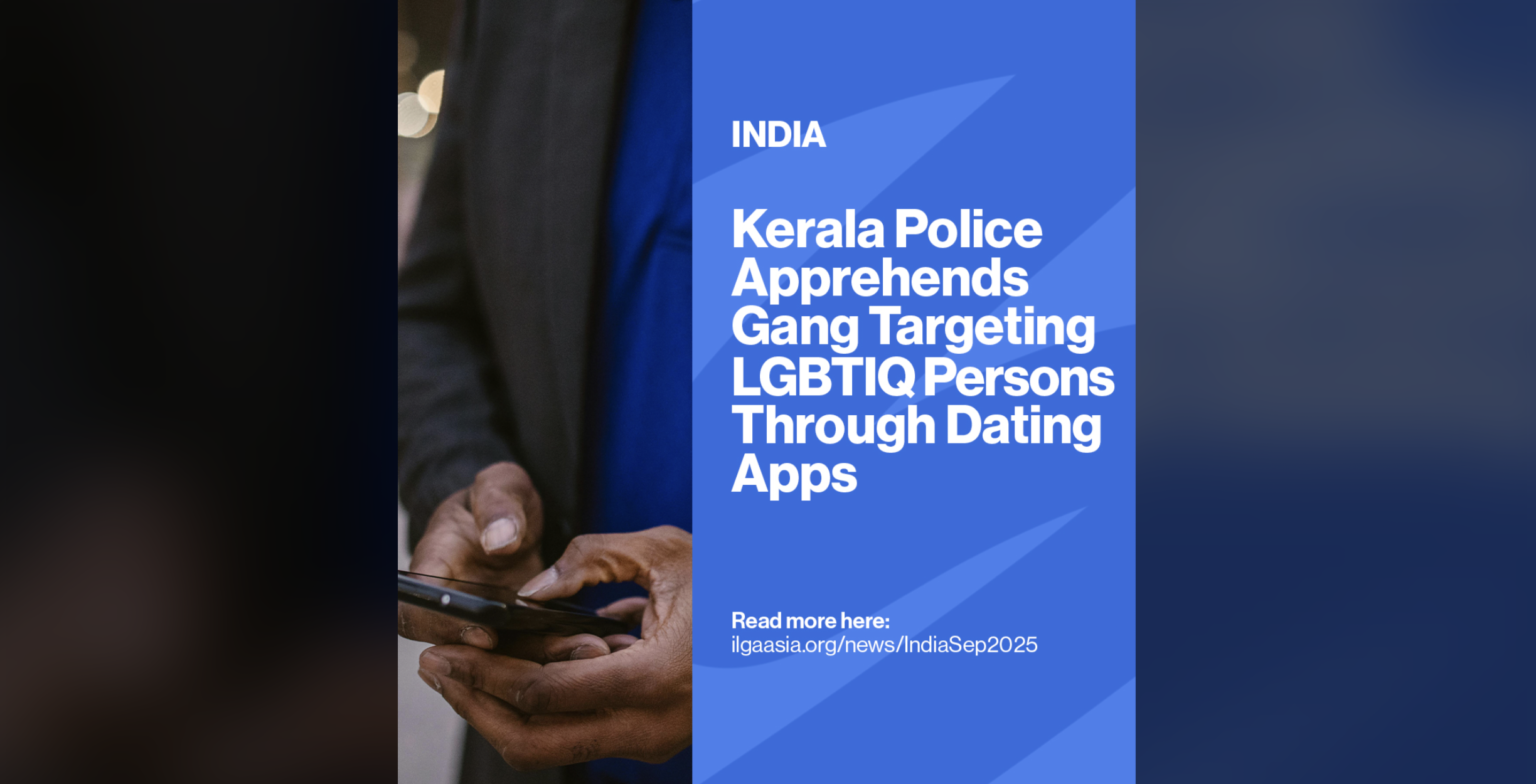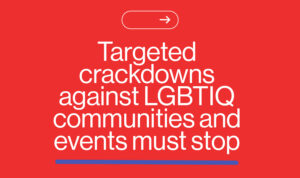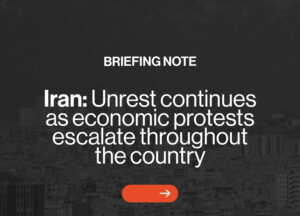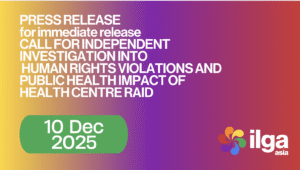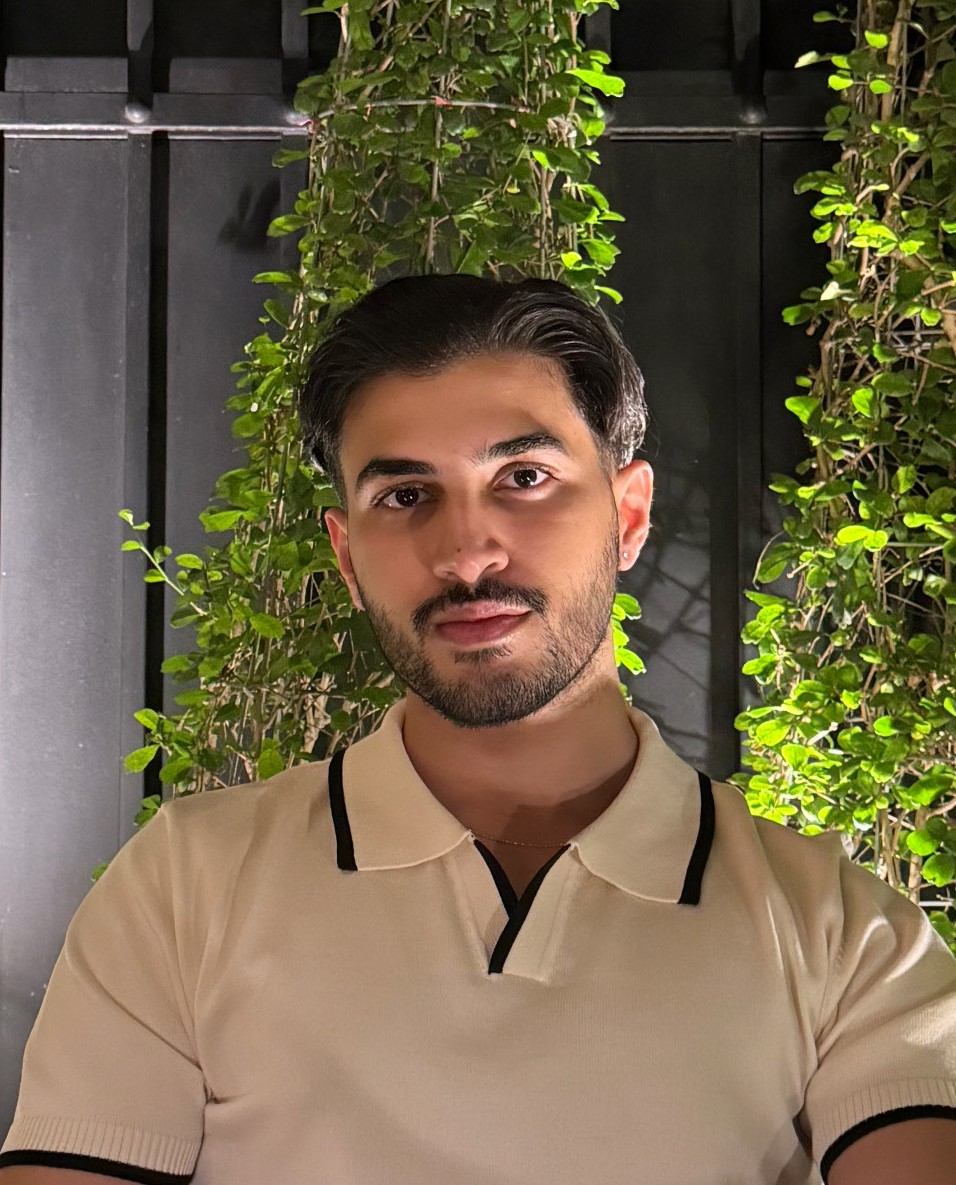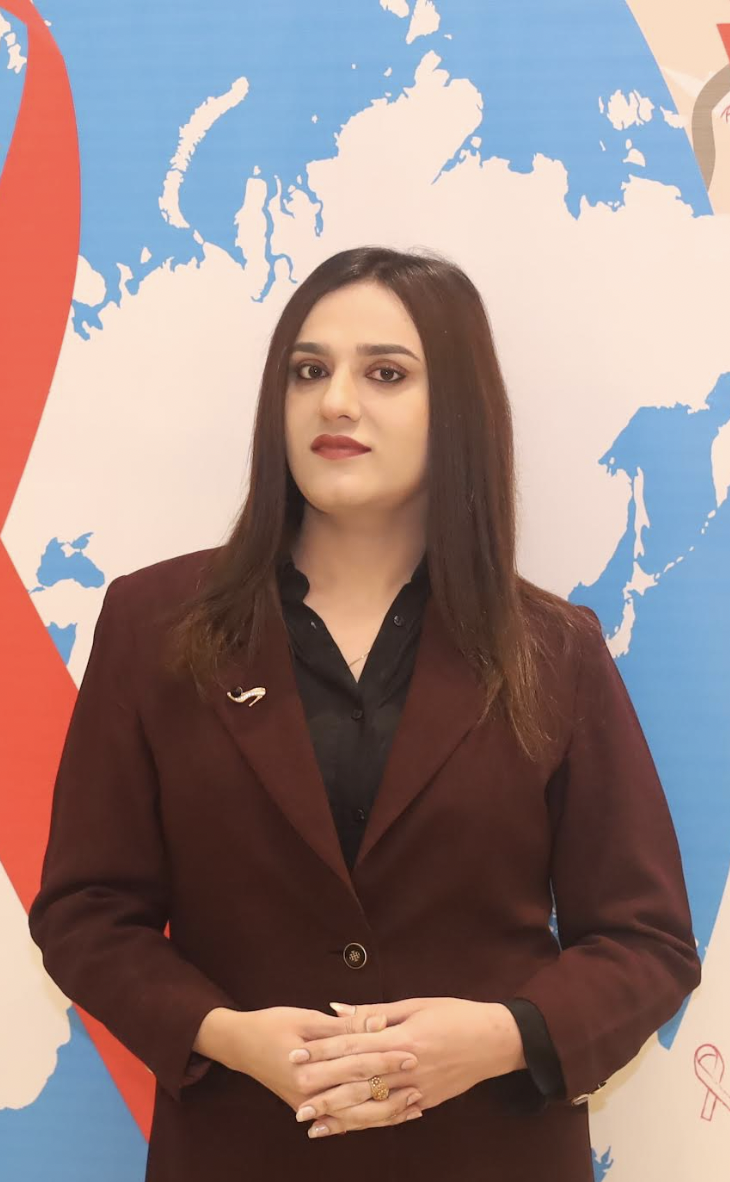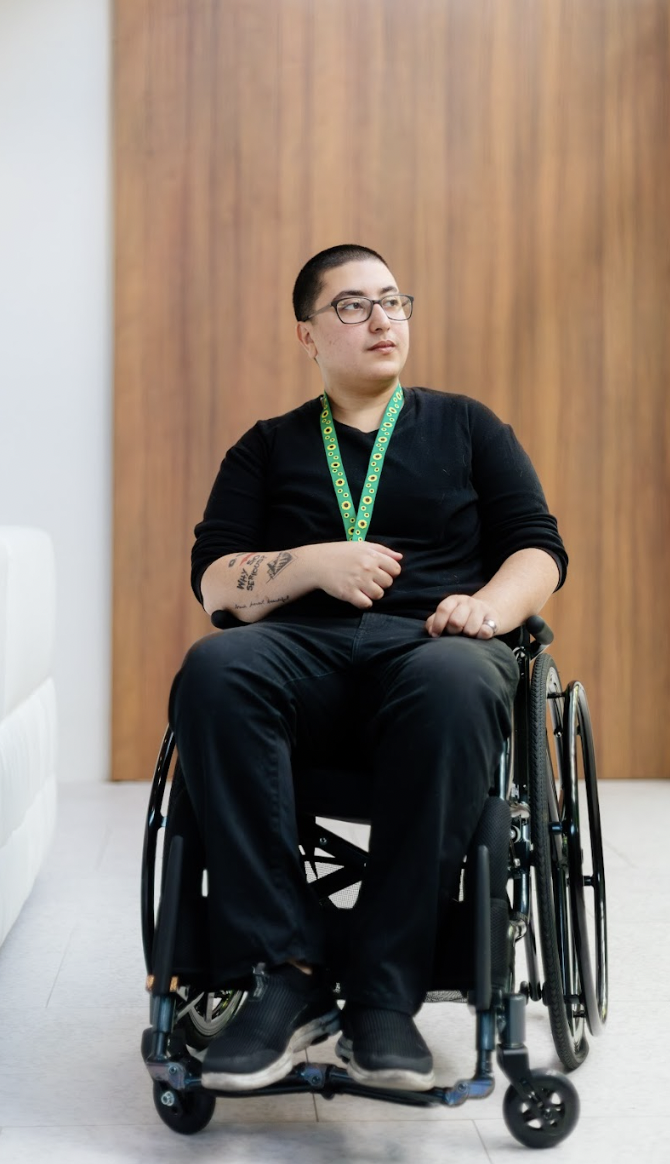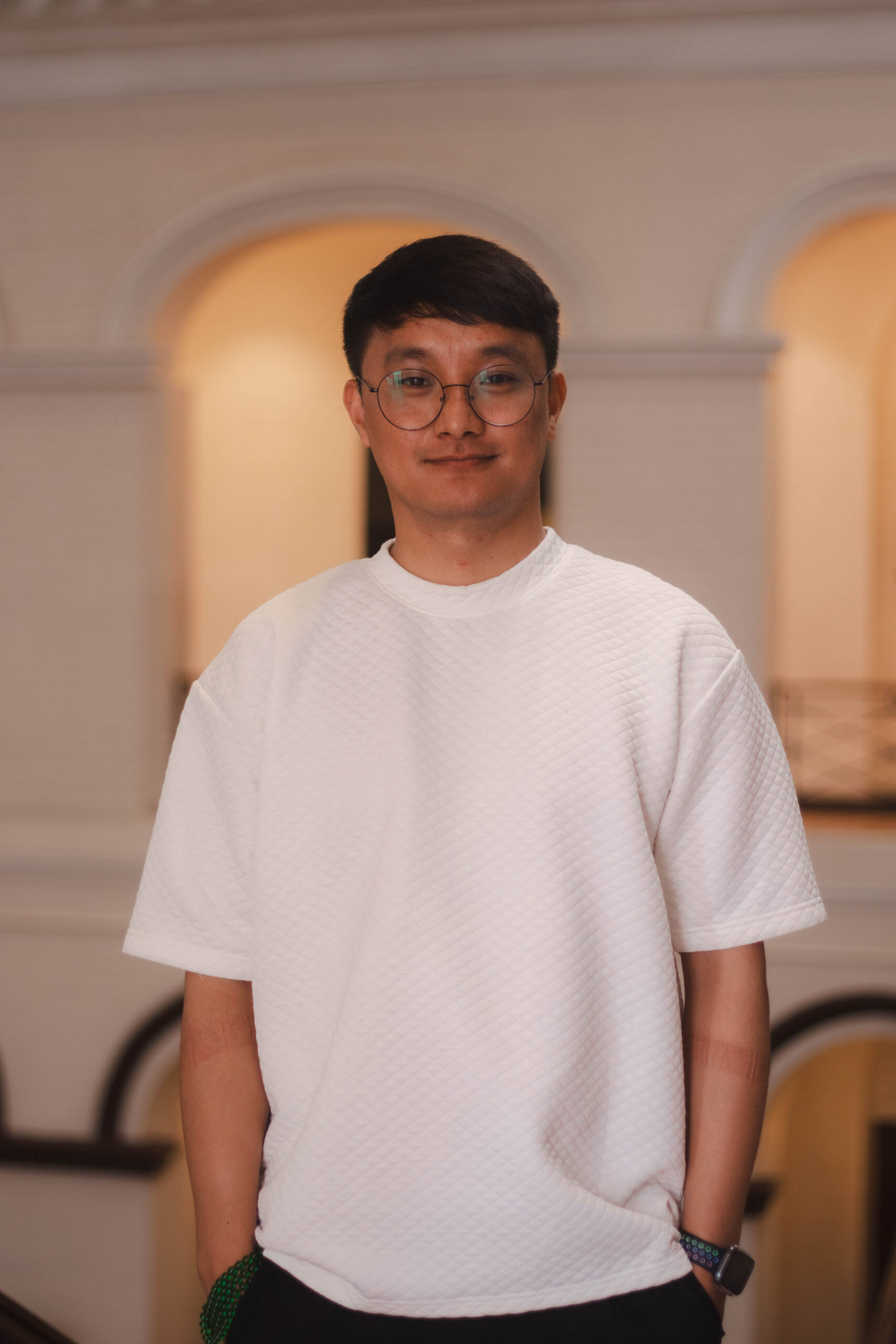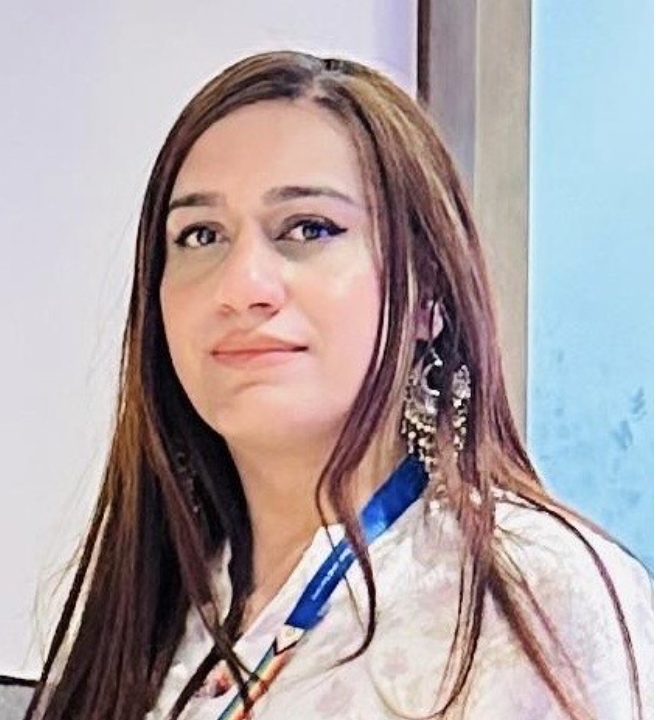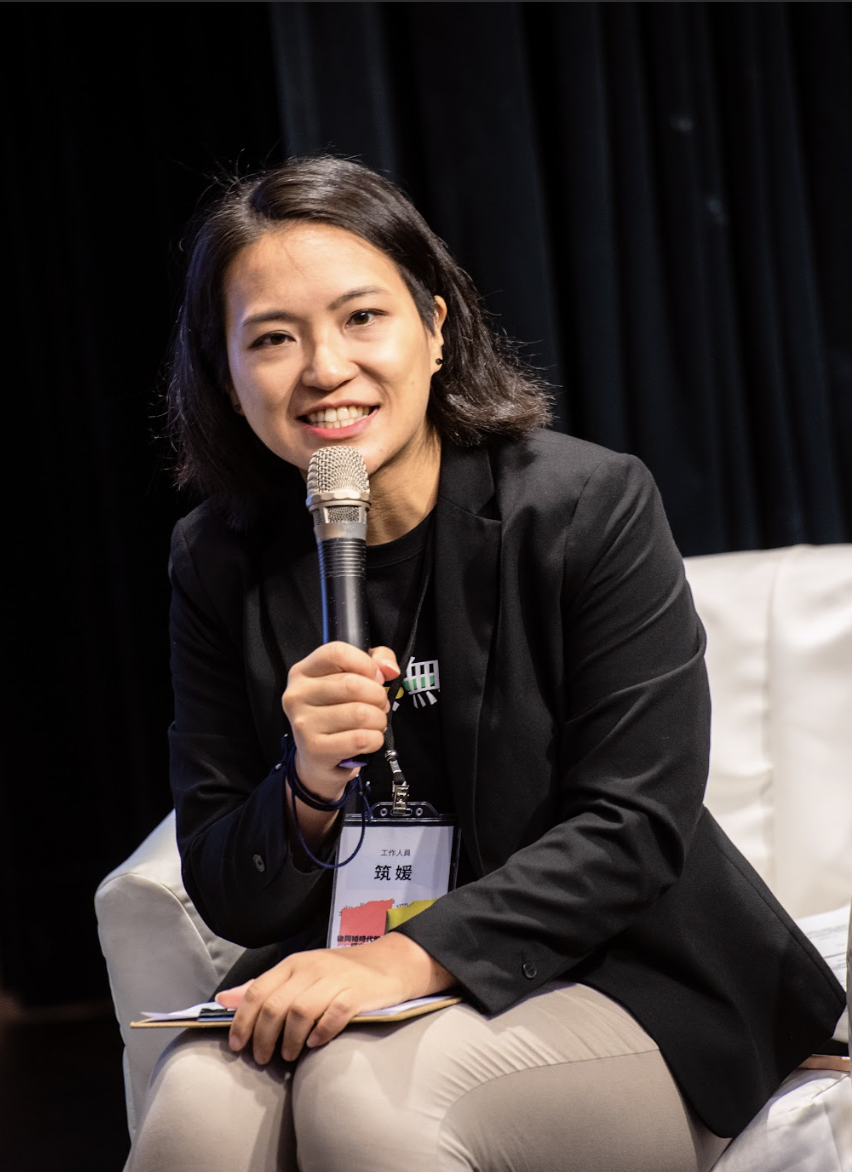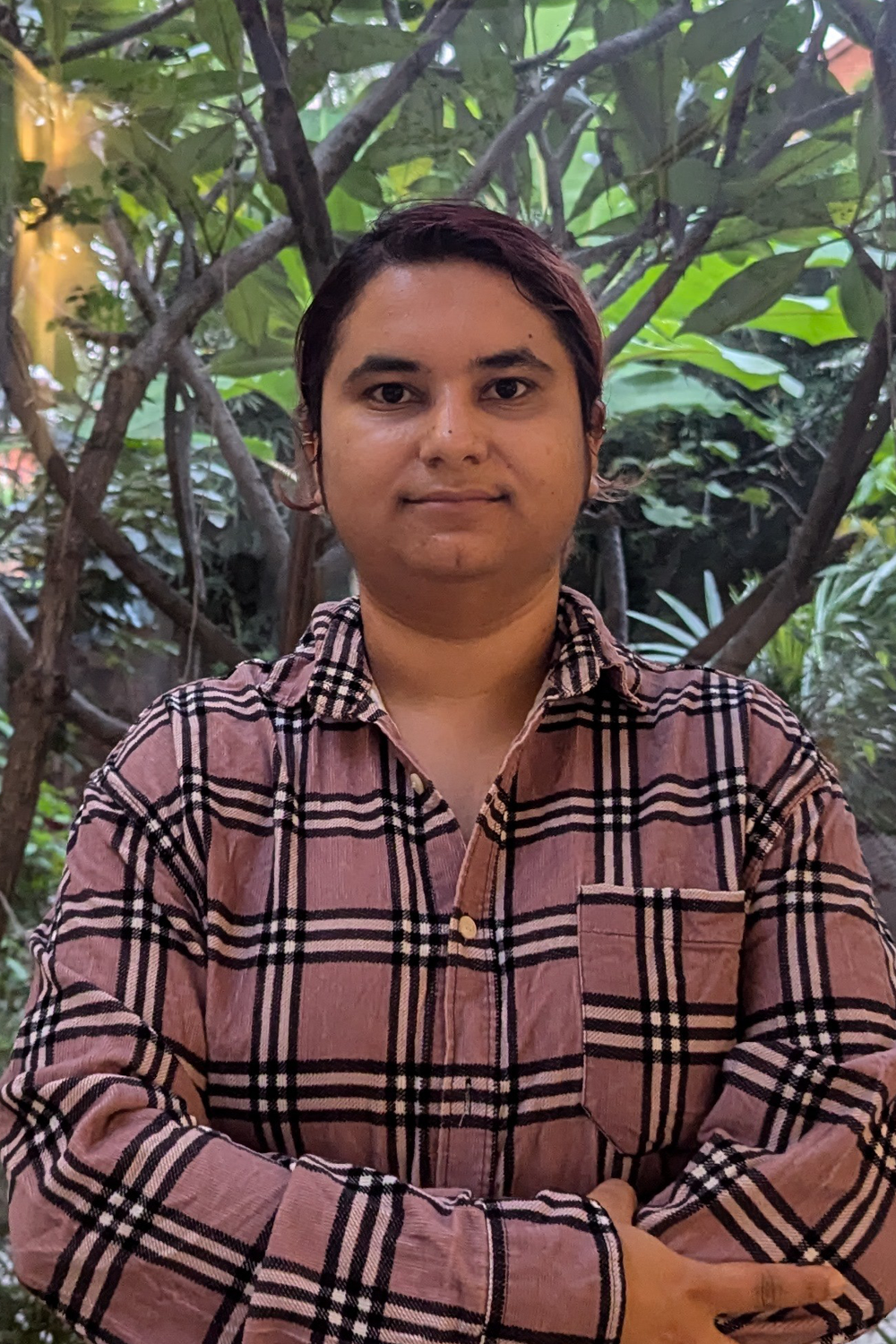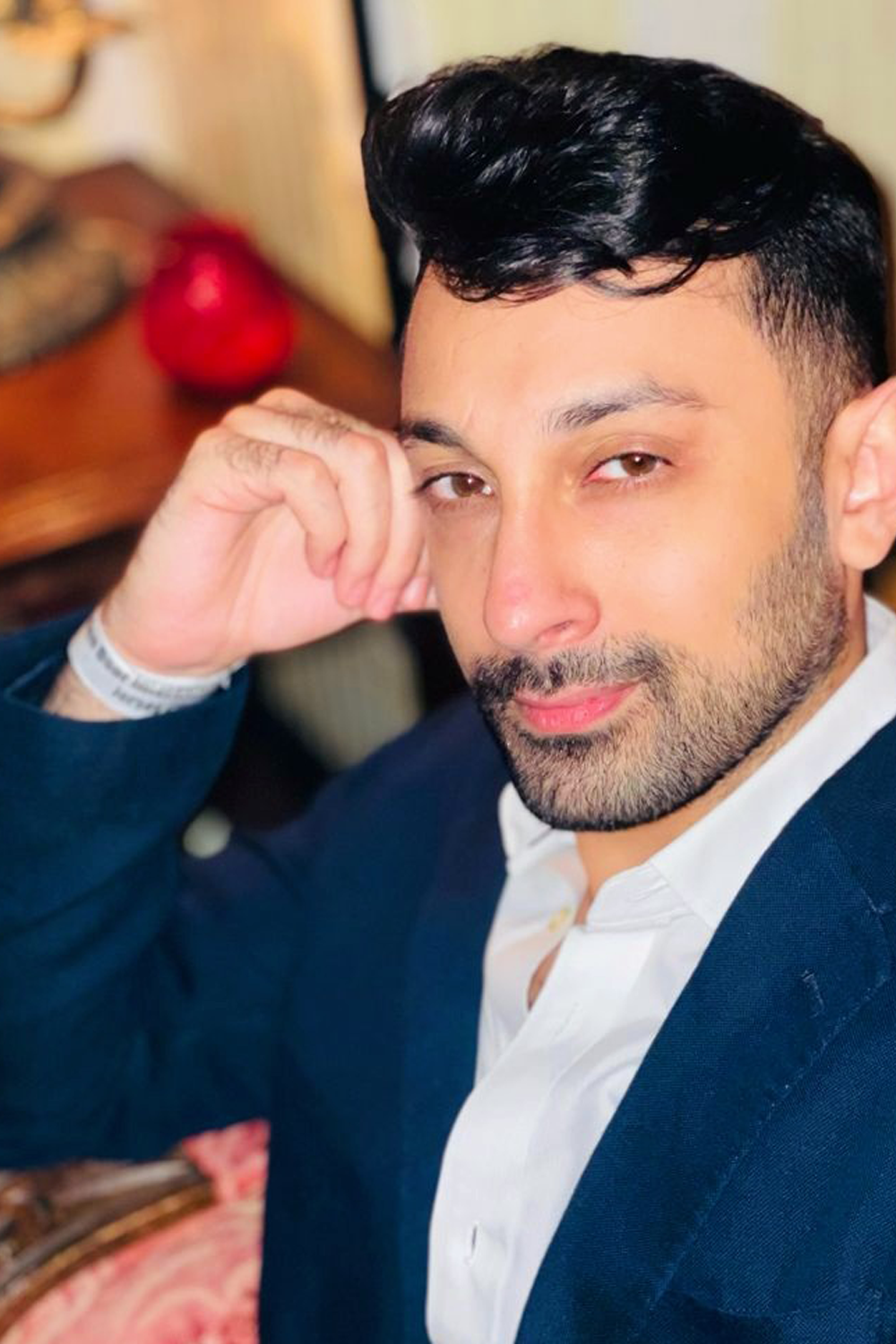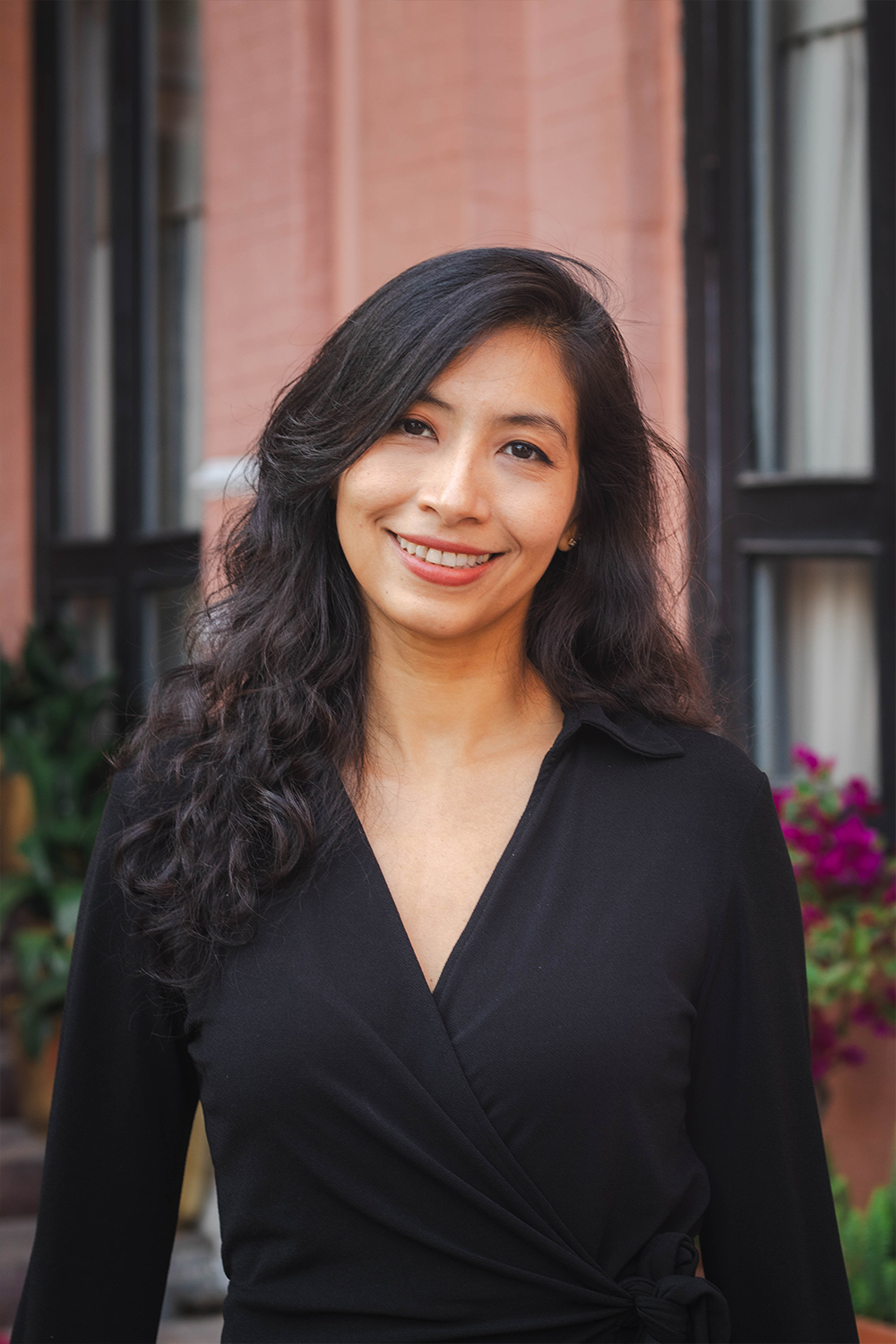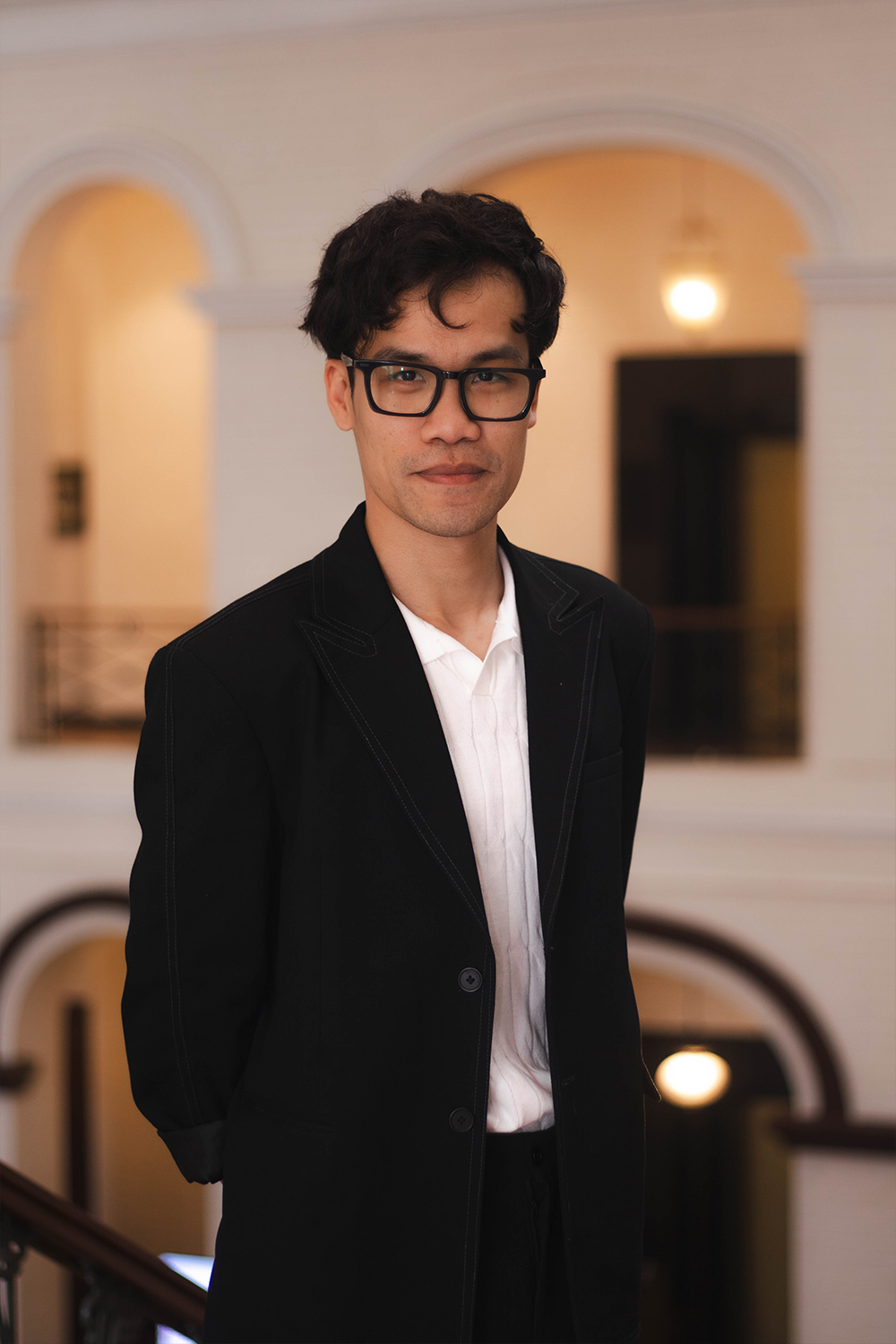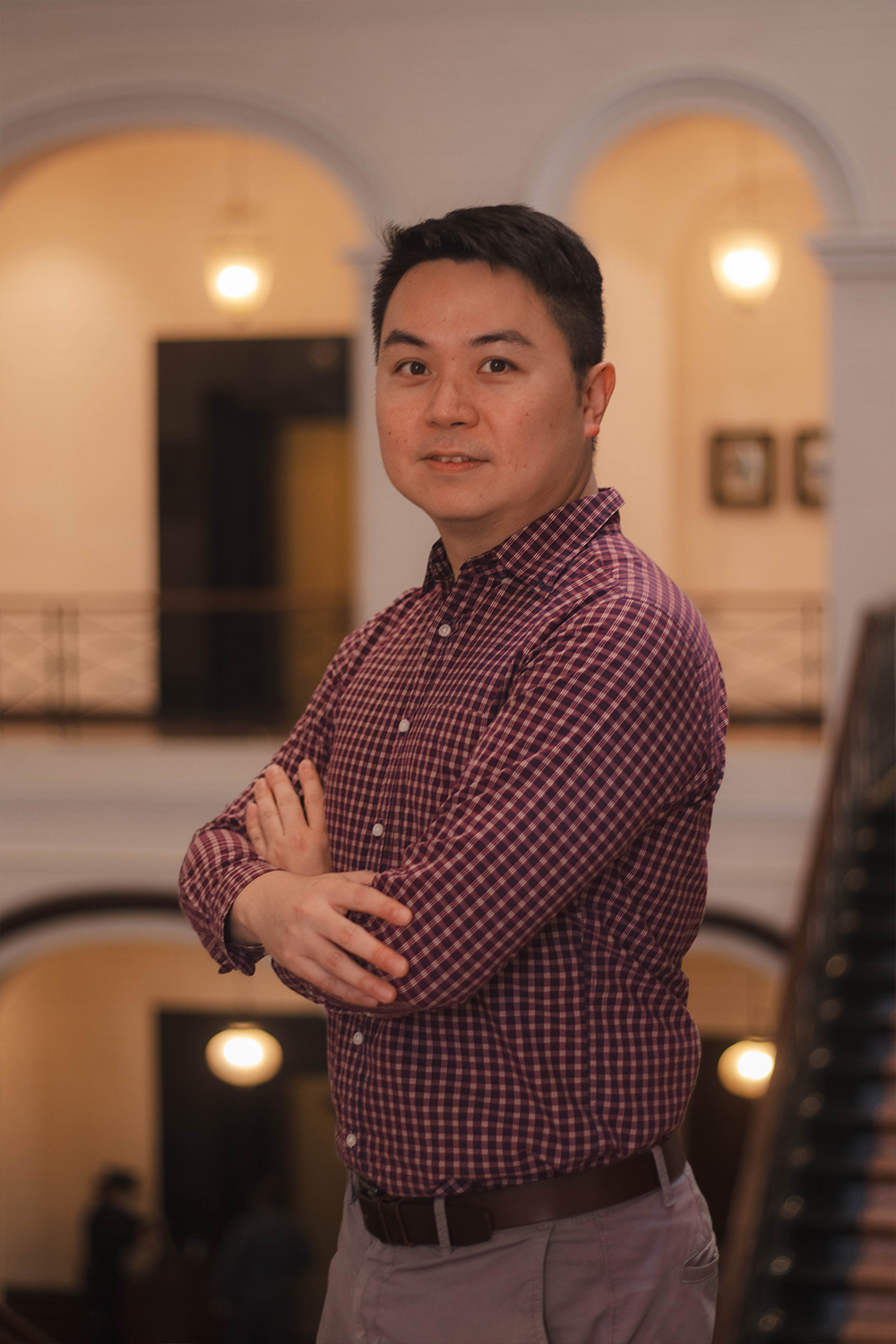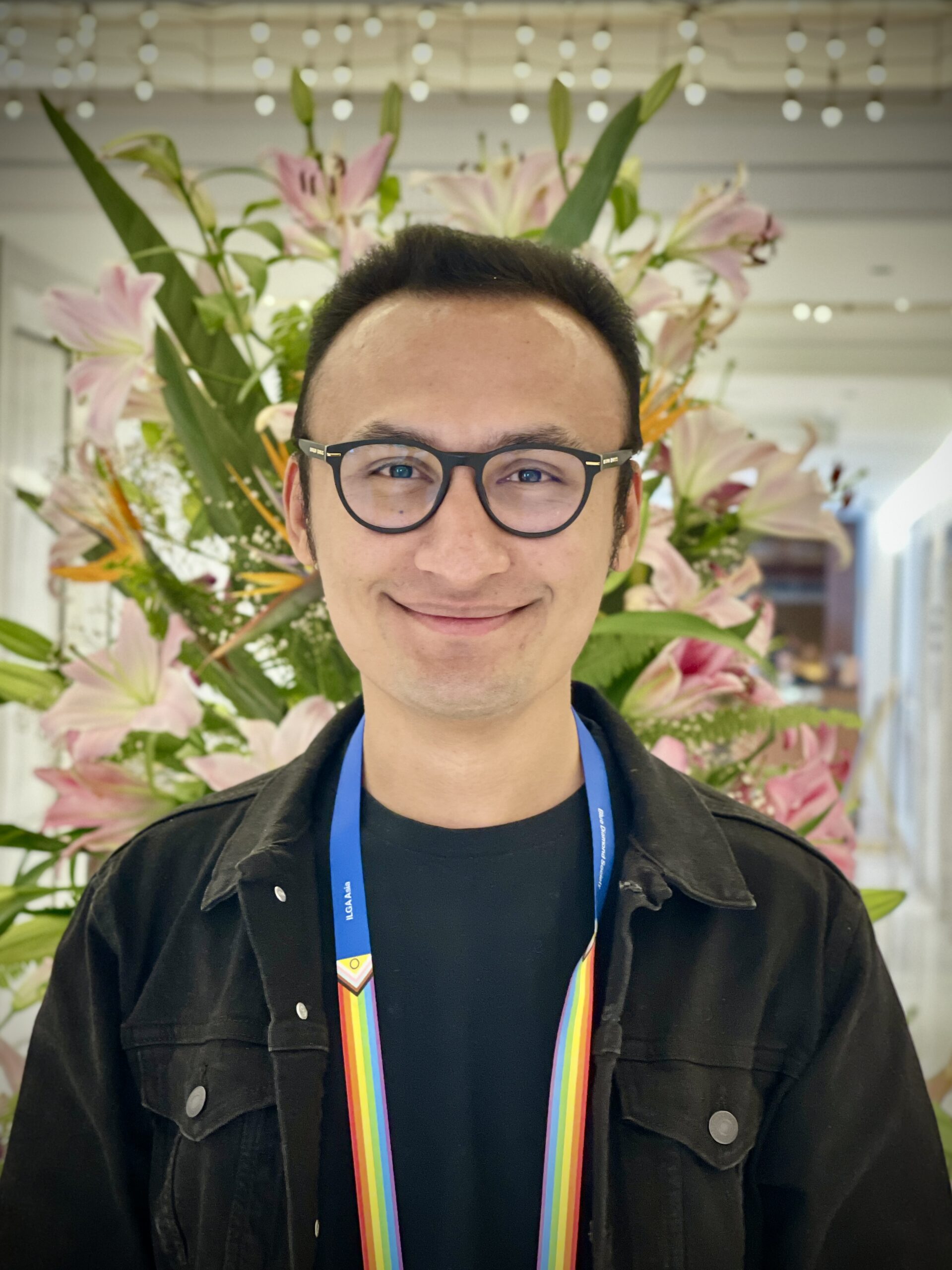In August, Kerala Police apprehended four individuals who used the dating app Grindr to target LGBTIQ individuals and robbed and extorted them. The police opened investigations after one of the victims lodged a formal complaint against them. The assailants had deleted the victim’s phone data through a factory reset and relied on the cyber forensic wing to retrieve app data and track them. The police suspect that they have extorted hundreds of thousands of rupees from hundreds of gay and transgender individuals over a few months, but no complaints had been lodged against them prior to this. Some of the other victims identified by the police admitted to losing their money and said they were reluctant to pursue the case, given their delicate social status, owing to their sexual orientation and gender identity.
This is not an isolated case. LGBTIQ individuals are increasingly vulnerable to online scams, sexual and financial extortion, and targeting and are reluctant to pursue justice through traditional police mechanisms in such cases. Just in the past month, police have apprehended similar gangs in Kolkata and Bangalore, while the majority of cases still remain unreported. Many people using such dating apps are closeted and fear being outed and social backlash from pressing charges, which leaves them even more vulnerable. Many gangs use the threat of outing their sexual orientation to continue extortion. Despite same-sex sexual relationships being decriminalized in India in 2018, the social acceptance of LGBTIQ persons remains low. There are no anti-discrimination laws protecting people with diverse SOGIESC identities or explicit prohibition of incitement to violence, hatred, or discrimination against them.
“Threat against the most vulnerable and marginalised gender and sexual minorities needs utmost attention by the rulers and system of justice of the largest democracy in India. The LGBTIQ communities are constantly facing social exclusion and social discrimination on the grounds of sex, gender, and sexuality. Our spaces, our privacy, our dignity cannot become public property and no authorities have the right to decide our bodies. Ensure safer space, community-friendly atmosphere and apps.” Dr. Akkai Padmashali, Founder of Ondede states, “State Break Your Silence.”
While platform accountability is also needed to protect these spaces with strong moderation, with a focus on awareness of risks associated with offline meeting/sharing personal data with strangers, in place to protect users, statements calling to ban these apps to reduce criminal activities only lead to queer censorship and further marginalization of LGBTIQ individuals. Similar cases can be seen across Asia, and in countries like Malaysia where same-sex relationships are criminalized the victims can be doubly victimized owing to their sexual orientation and gender identity. Lack of robust anti-discrimination laws and history of stigmatization have made trust in institutional justice mechanisms low among LGBTIQ communities. The social stigma and intersectional marginalizations of LGBTIQ individuals have made online spaces catered to them vulnerable to fraud, sexual and economic extortion, and violent hate crimes, which carry over into offline spaces as well.
“This case in Kerala is yet another reminder that queer people across Asia remain disproportionately targeted both online and offline. While we welcome the decisive action of the Kerala Police, the deeper concern lies in the silence of those who suffer extortion but feel too unsafe to seek justice. The absence of strong anti-discrimination protections and the persistence of social stigma compound these vulnerabilities. If governments respond merely by seeking to restrict dating platforms, they risk silencing one of the few lifelines available to LGBTIQ people. The real solution lies in building robust legal protections, strengthening digital and community safety, and shifting societal attitudes so that queer people can live openly without fear. Across Asia, this is not just about preventing crime—it is about affirming the right of every individual to connect, love, and belong without the threat of violence or extortion.” Henry Koh, Executive Director, ILGA Asia.
ILGA Asia praises the efforts of Kerala Police to investigate the gang and raises concerns over the pervasive trend of LGBTIQ spaces online and offline being used to target vulnerable individuals. We recommend that India and all countries in Asia adopt anti-discrimination laws to protect LGBTIQ individuals and communities and prohibit hate crimes. Beyond legal reforms, social acceptance of diverse SOGIESC identities is imperative for LGBTIQ individuals to live free and dignified lives. We need to promote and create spaces, both online and offline, where LGBTIQ people can be safe and connect irrespective of their identities.
